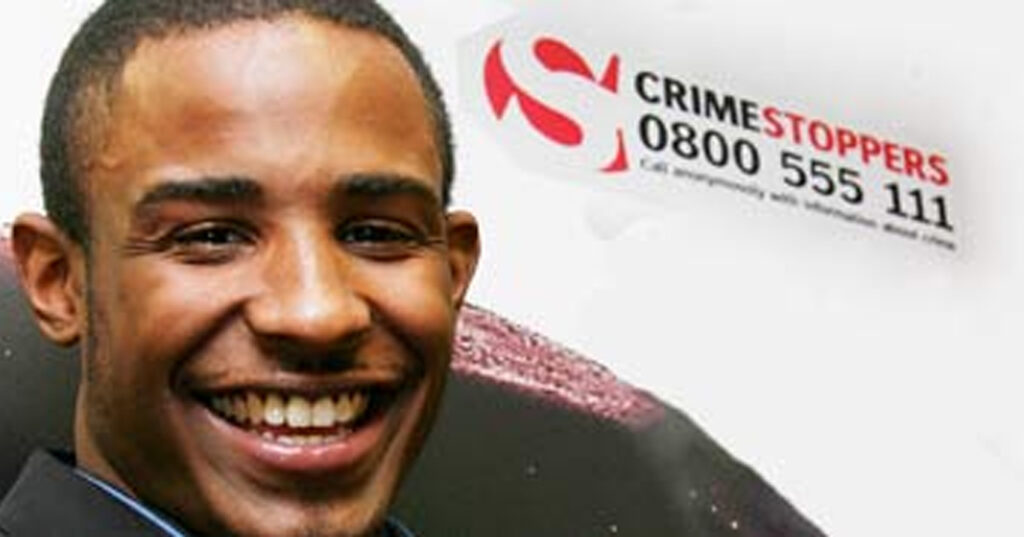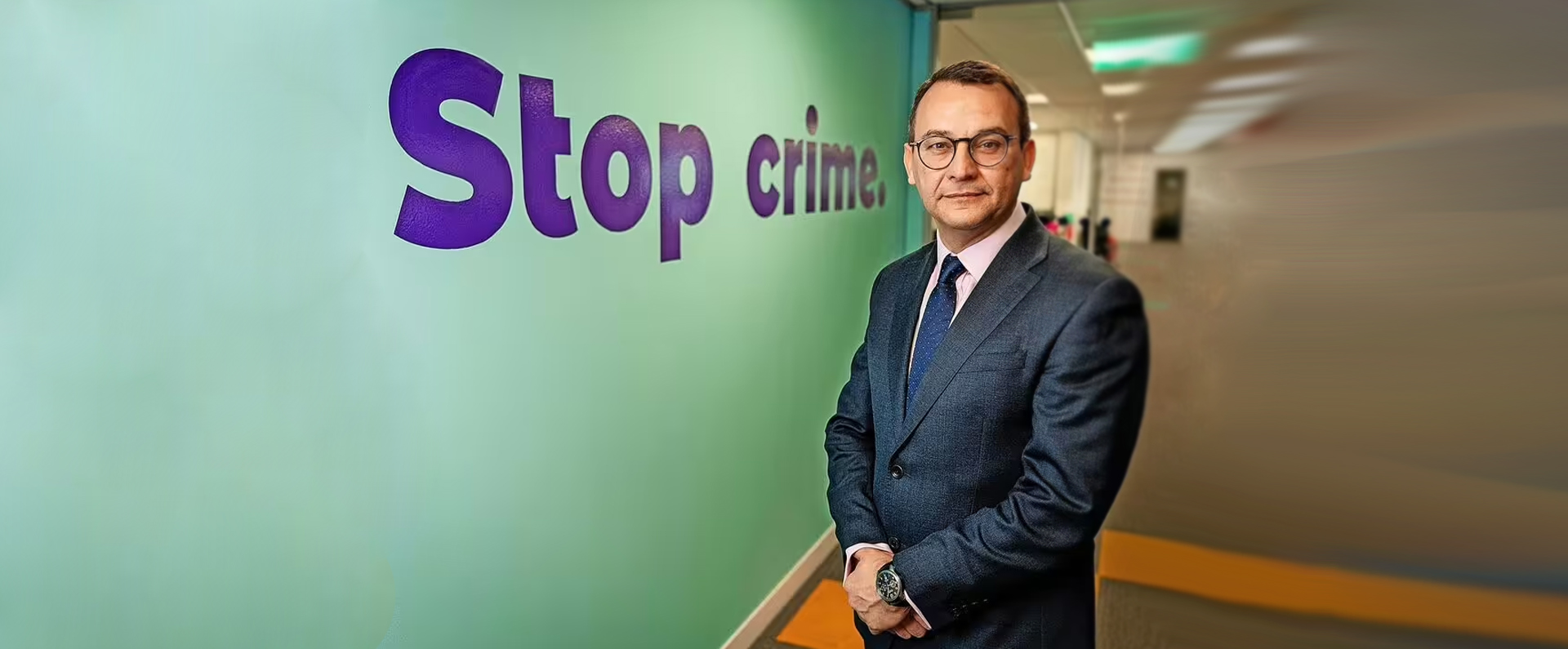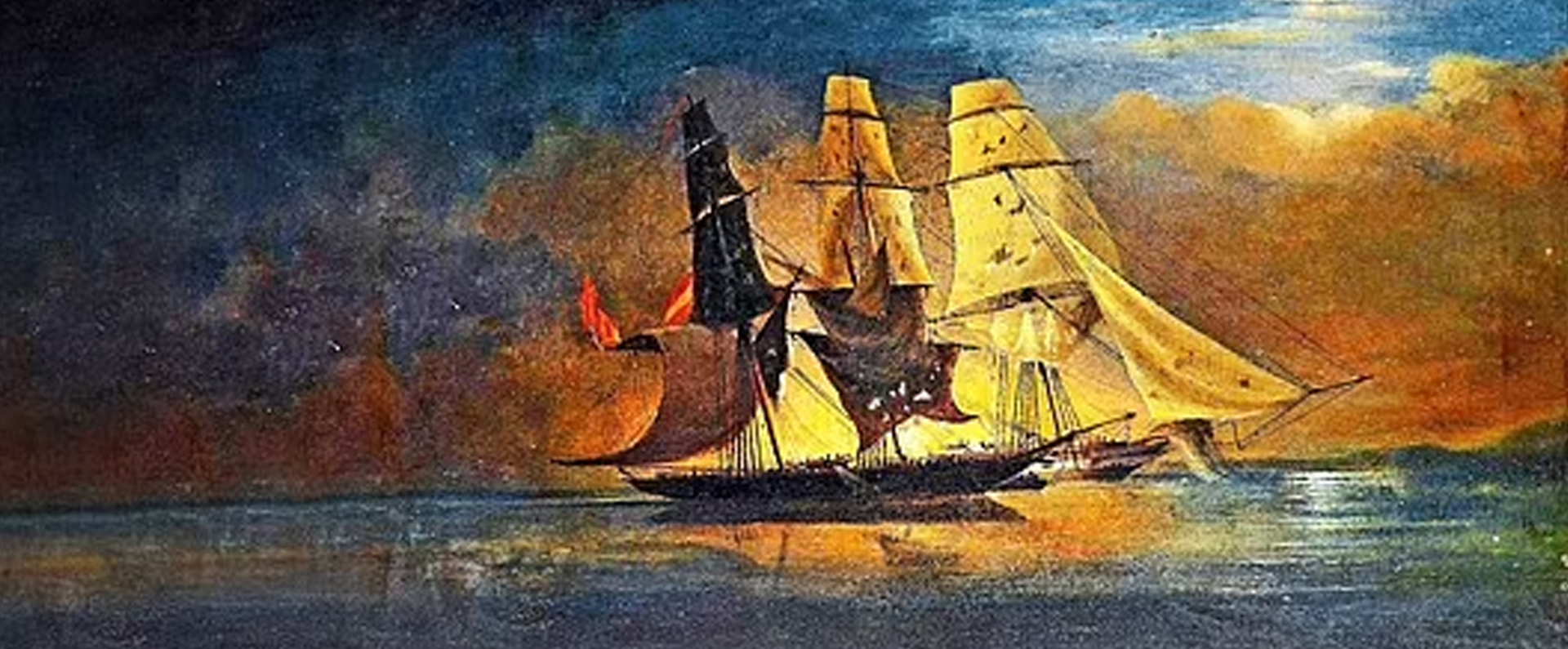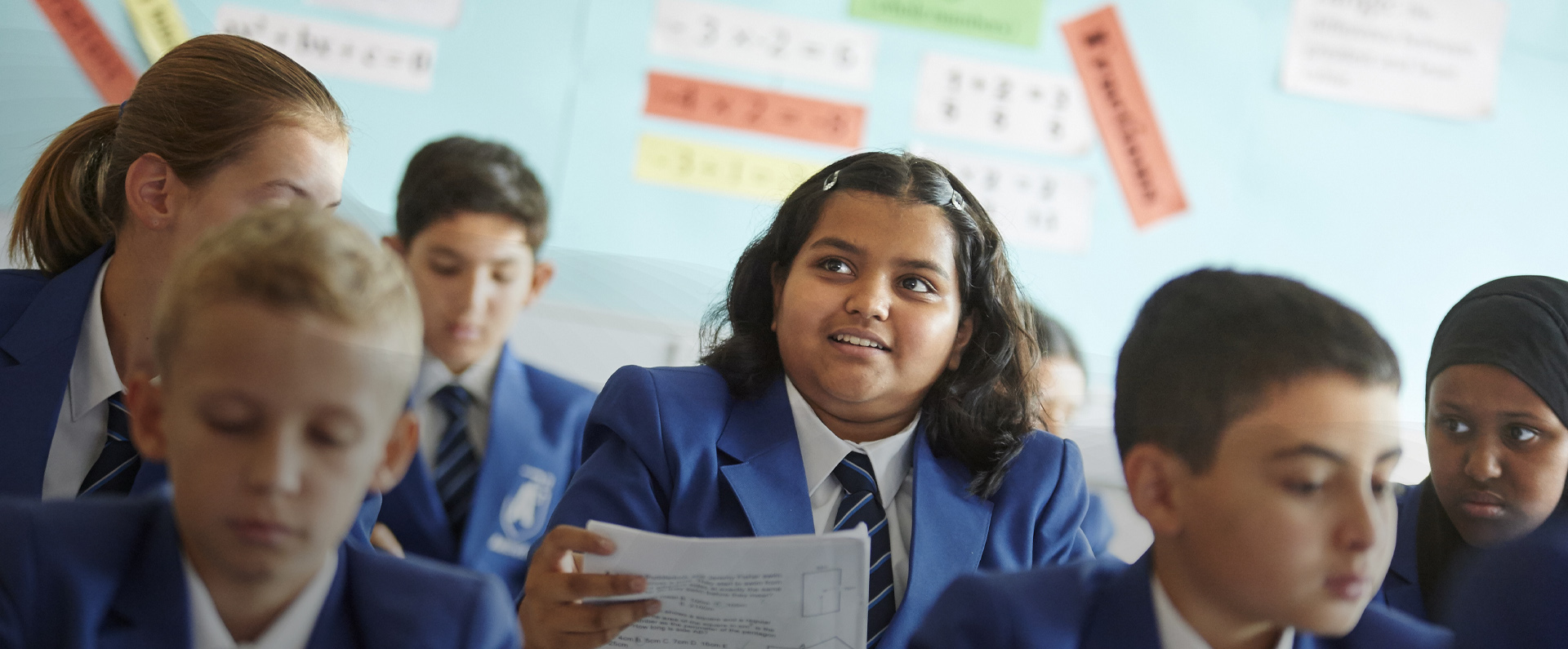
The Queen has bestowed countless honours during her 60-year reign but never before, until yesterday, has she recognised the achievements of a 24-year-old black man who turned his back on drug dealing into order to help his local community.
I was delighted to learn that Chris Preddie, a former gang member turned youth campaigner, has visited Buckingham Palace in order to receive his OBE from our monarch in her Diamond Jubilee year.
It has been a long and, at times, difficult journey for Chris from his roots in Finsbury Park, north London, to joining the line of the “great and the good” who also received their honours from the Queen yesterday.
Chris’s OBE was for his “outstanding contribution to youth work”. Yet, when he received his official letter notifying him of his award in the New Year’s Honours List, he thought it was “a prank, a wind-up”.
I first encountered Chris some four years ago when he was appointed Crimestoppers’ first “community champion”. Crimestoppers is the crime-fighting charity that I founded, with a great deal of help from others, 24 years ago.
By the time of Chris’s appointment in 2008, he had already been involved in youth work for three years – since he was just 17.
Brought up by his single mother on a council estate, Chris had, in his mid teens, dabbled in cannabis dealing and been involved in the gang culture (though he has never had a criminal record).
For him, the turning-point came when his older half-brother, Andrew, was shot dead in south London. The gang-related incident took place in a barber’s shop just four days after Chris’s 16th birthday.
Furthermore, Chris was the cousin of Ricky and Danny Preddie, who were each jailed for eight years in 2006 for the killing of Damilola Taylor, aged 10, in south London in 2000.
Shortly after his brother’s death, Chris was encouraged by a youth worker not to concentrate on the negative but instead to join a drama group. There he discovered not just a talent for acting and writing, but also the ability to motivate others.
Chris’s mother also deserves credit for turning her son away from a life of crime. “My mum used to say to me, if I keep hanging about with people who I know are doing wrong things and I say nothing, then I must be a follower,” Chris told The Guardian this week.
“She’d say to me: ‘Do you want to be a follower or a leader?’ I found myself saying the same things to people around me. It was then I started getting asked to talk to other young people and started volunteering with youth groups.”
Mick Laurie, the chief executive of Crimestoppers, took a gamble four years ago, given Chris’s unconventional background, when he appointed him as the charity’s “community champion”. However, Mick could see that young people were far more likely to relate to Chris than they were to someone older in a position of authority.
In his role, Chris visited schools and youth venues running workshops and giving presentations about the importance of making the right choices. Even though Crimestoppers is independent of the police, Chris knew that some would see it as “snitching” to provide anonymous information that helped catch criminals. However, his message was a simple one: “It’s not about snitching, it’s about saving people’s lives.”
Today, as a rap poet, Chris still delivers this and similar messages. Everyone at Crimestoppers remembers him with affection and we are all proud that he has, deservedly, been honoured for his courage and commitment at such a young age.
Chris is an inspirational young man: living proof that, whatever your background, it is possible to turn your life around for the better and to make a difference in your local community.
* Anyone wanting to know more about Crimestoppers should visit: www.crimestoppers-uk.org.



